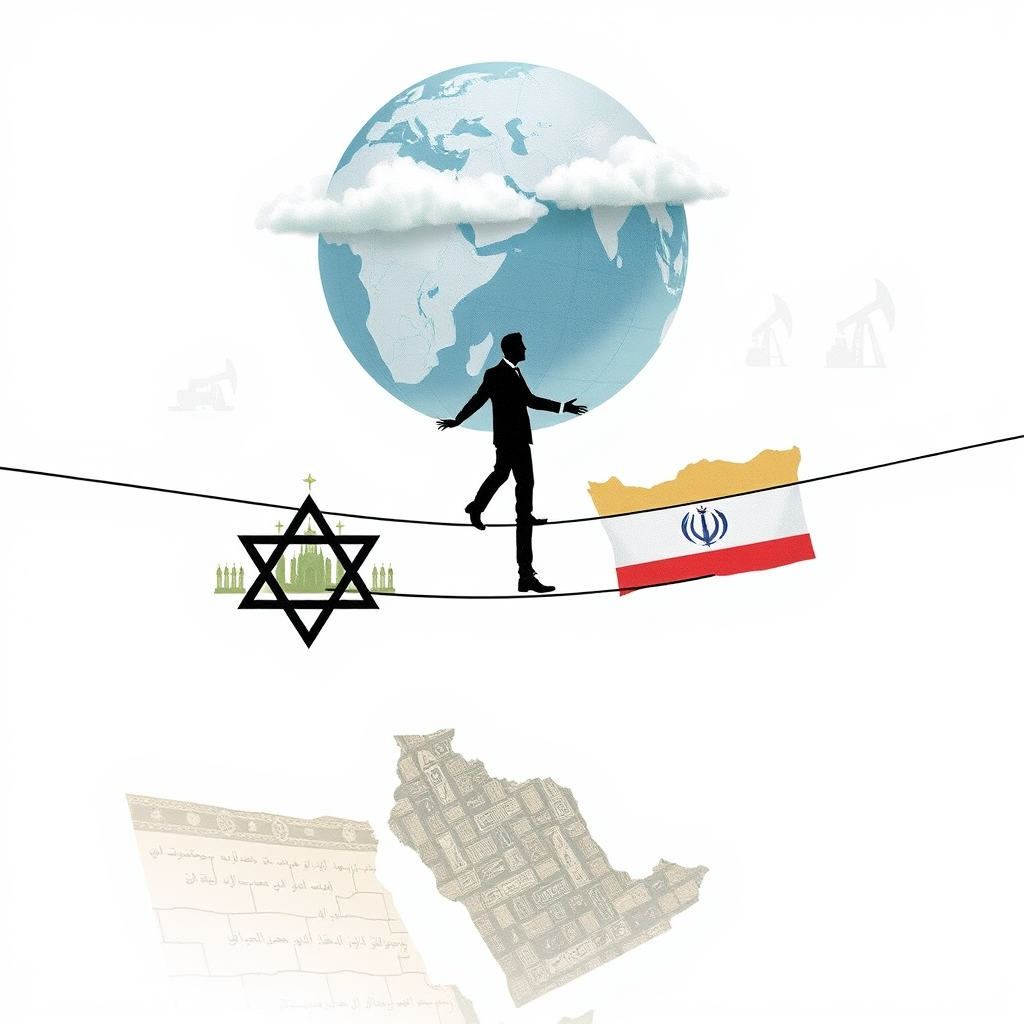China Warns Instability in Middle East Risks Global Peace

China is walking a tightrope in the escalating conflict between Israel and Iran, publicly urging de-escalation while navigating complex economic and geopolitical interests. President Xi Jinping’s assertion that “If the Middle East is unstable, the world will not be at peace” underscores Beijing’s concern, but its actions reveal a calculated approach prioritizing stability and its own strategic advantages.
While condemning Israel’s actions and emphasizing Iran’s sovereignty, China’s response has been largely diplomatic, offering verbal support to both sides but stopping short of material assistance. Experts suggest this reflects a long-standing policy of non-interference and a desire to avoid entanglement in protracted foreign conflicts, a pattern seen previously with India and Pakistan, and, despite accusations, with Russia in Ukraine.
China’s position isn’t simply neutrality. It’s a pragmatic assessment of its own vulnerabilities and opportunities. As Iran’s largest trading partner and a major importer of Middle Eastern oil, China has significant economic stakes in regional stability. The potential disruption of oil supplies, particularly through the Strait of Hormuz, is a major concern, though analysts believe alternative sources could mitigate the impact.
However, China’s economic ties with Israel, while substantial, aren’t strong enough to exert significant influence over its actions. This imbalance, coupled with historical criticisms of Israel and close ties with Iran, makes China an unlikely mediator in the eyes of many. Israel has shown little interest in Chinese mediation, and even if it did, Beijing’s perceived bias would hinder any meaningful progress.
The conflict presents a complex dilemma for China. A wider, prolonged conflict would undoubtedly complicate its economic projects and investments in the region. Yet, some analysts suggest that a contained conflict could indirectly benefit China by diverting U.S. attention and resources away from the Indo-Pacific, potentially easing pressure on Taiwan. This perspective, while cynical, highlights the strategic calculations at play.
China’s response is a masterclass in balancing competing interests. It seeks to project itself as a responsible global power capable of mediating international disputes, but it’s unwilling to jeopardize its economic and strategic priorities to do so. The situation underscores a broader trend: China is increasingly assertive on the world stage, but it remains cautious about direct intervention in conflicts that don’t directly affect its core interests.
Ultimately, China’s approach is driven by a desire to maintain regional stability, protect its economic interests, and avoid being drawn into a costly and unpredictable conflict. While it may offer rhetorical support for peace, its actions suggest a preference for a pragmatic approach that prioritizes its own strategic advantages. The situation is a clear demonstration that China’s foreign policy is increasingly shaped by its own evolving geopolitical ambitions and a willingness to navigate complex international challenges on its own terms.